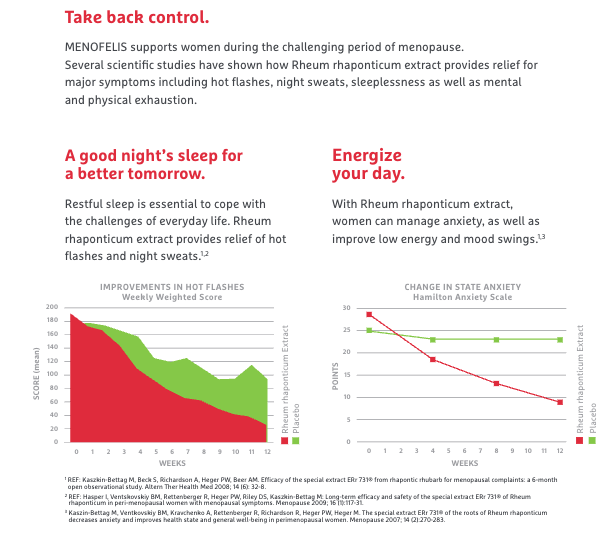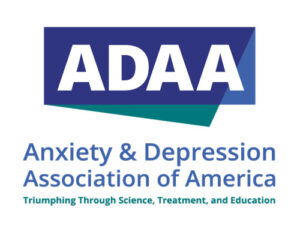
Antidepressants are the most common medication doctors prescribe to manage anxiety.
The two most common types are SSRIs (Selective Serotonin Reuptake Inhibitors) and SNRIs (Serotonin-Norepinephrine Reuptake Inhibitors).
Here’s how they work:
SSRIs: Mood changes like anxiety and depression may be caused by a shortage of serotonin in certain parts of the brain. SSRIs work by blocking the reabsorption of serotonin, which allows for more serotonin to remain available in the brain.
SNRIs: SNRIs work similarly to SSRIs but target two neurotransmitters: serotonin and norepinephrine. Norepinephrine is another neurotransmitter involved in mood regulation and the body’s stress response.
However, many women are increasingly frustrated with Drs who prescribe antidepressants freely when they share their anxiety spells. This is understandable as these medications only offer temporary relief – with potential risks.
⚠️Caution: Studies have shown that long-term use of SSRIs and SNRIs can lead to physical dependence, meaning the body becomes accustomed to the presence of the medication.
Suddenly stopping these medications or reducing the dosage too quickly can result in withdrawal symptoms such as dizziness, nausea, headache, irritability, and flu-like symptoms. 2










 Ashwagandha: Despite its recent popularity, we think it’s safer to believe in what the scientific studies are saying about possible side effects and wait till clearer scientific evidence emerge before using it for the long-term.
Ashwagandha: Despite its recent popularity, we think it’s safer to believe in what the scientific studies are saying about possible side effects and wait till clearer scientific evidence emerge before using it for the long-term. Siberian Rhubarb: If you’re over 40 and experiencing bouts of anxiety that seem unfamiliar to you, then chances are it’s related to your hormones. If so, then Siberian Rhubarb is a safe and effective option you can consider.
Siberian Rhubarb: If you’re over 40 and experiencing bouts of anxiety that seem unfamiliar to you, then chances are it’s related to your hormones. If so, then Siberian Rhubarb is a safe and effective option you can consider.

















